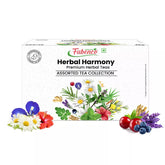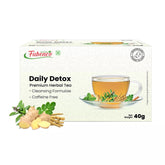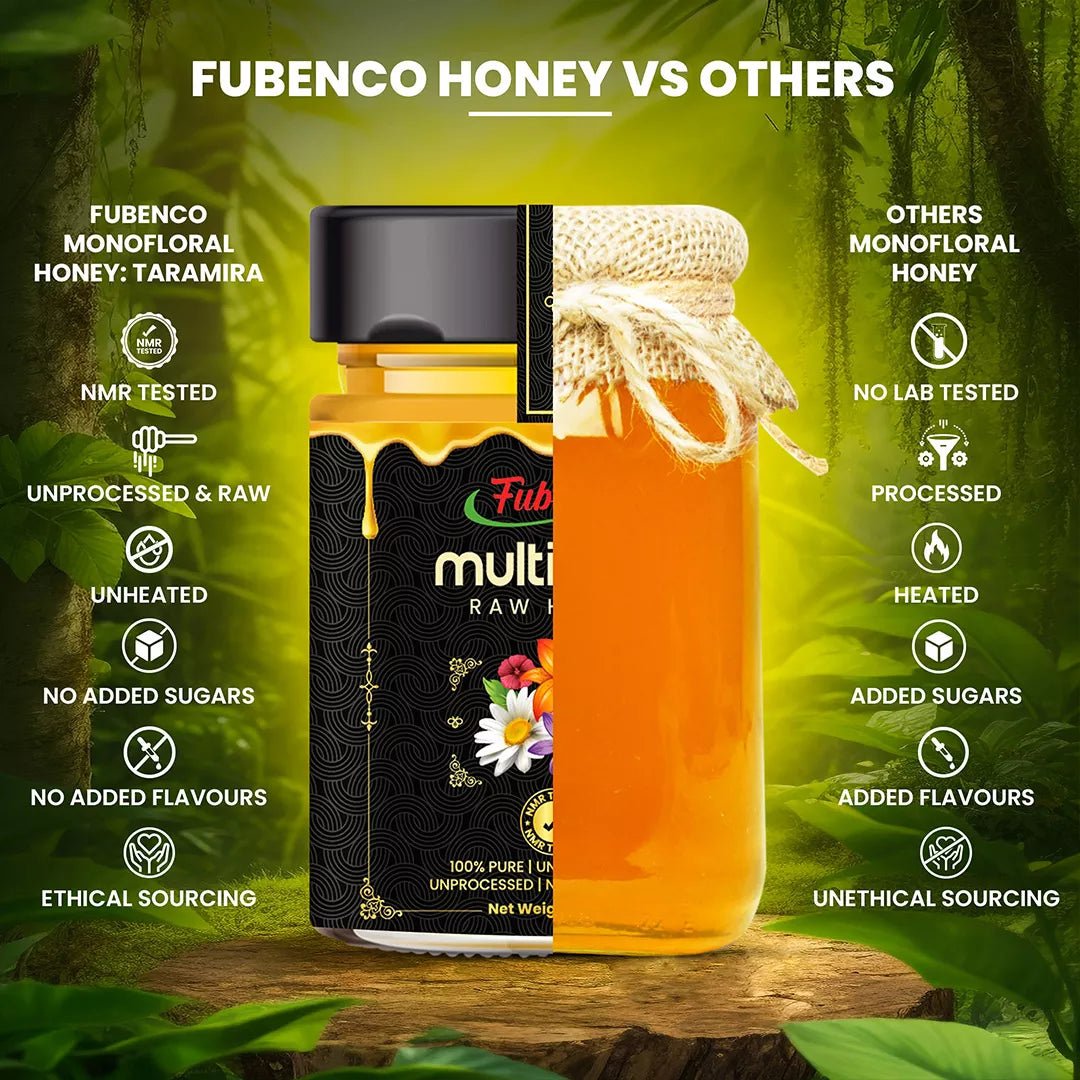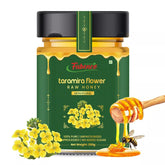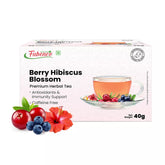let's delve into the wonders of honey, a natural elixir crafted by honeybees from flower nectar. Honey, derived solely from insects, holds a unique position among natural products, offering a plethora of nutritional, cosmetic, therapeutic, and industrial benefits.
Since ancient times, honey has captivated humankind with its sweetness and healing properties. Not only is it cherished as a wholesome food, but it also holds a significant place in traditional medicine, offering alternative remedies for a wide array of ailments, from wound care to cancer management. Its traditional use spans across treating eye disorders, respiratory conditions, digestive issues, skin ailments, and more, serving as a versatile supplement for overall well-being.
Numerous studies commend the therapeutic potential of honey, attributing its efficacy to a rich blend of phytochemicals with anti-inflammatory, antimicrobial, and antioxidant properties. From wound healing to diabetes management, from asthma relief to cardiovascular support, honey emerges as a multifaceted ally in combating various diseases.
Unlike many perishable foods, honey stands the test of time without the need for refrigeration, remaining indefinitely stable at room temperature when stored properly. However, its purity is vulnerable to human adulteration, compromising its quality and safety. The rising trend of honey adulteration poses serious health risks, including elevated blood sugar levels, weight gain, and organ damage.
To safeguard consumer interests and ensure the integrity of this valuable commodity, rigorous testing protocols, such as NMR testing, are imperative to detect and deter adulteration.
By upholding stringent quality standards and vigilant monitoring, we can preserve the purity and therapeutic potential of honey, promoting its continued use as a natural remedy for generations to come.

